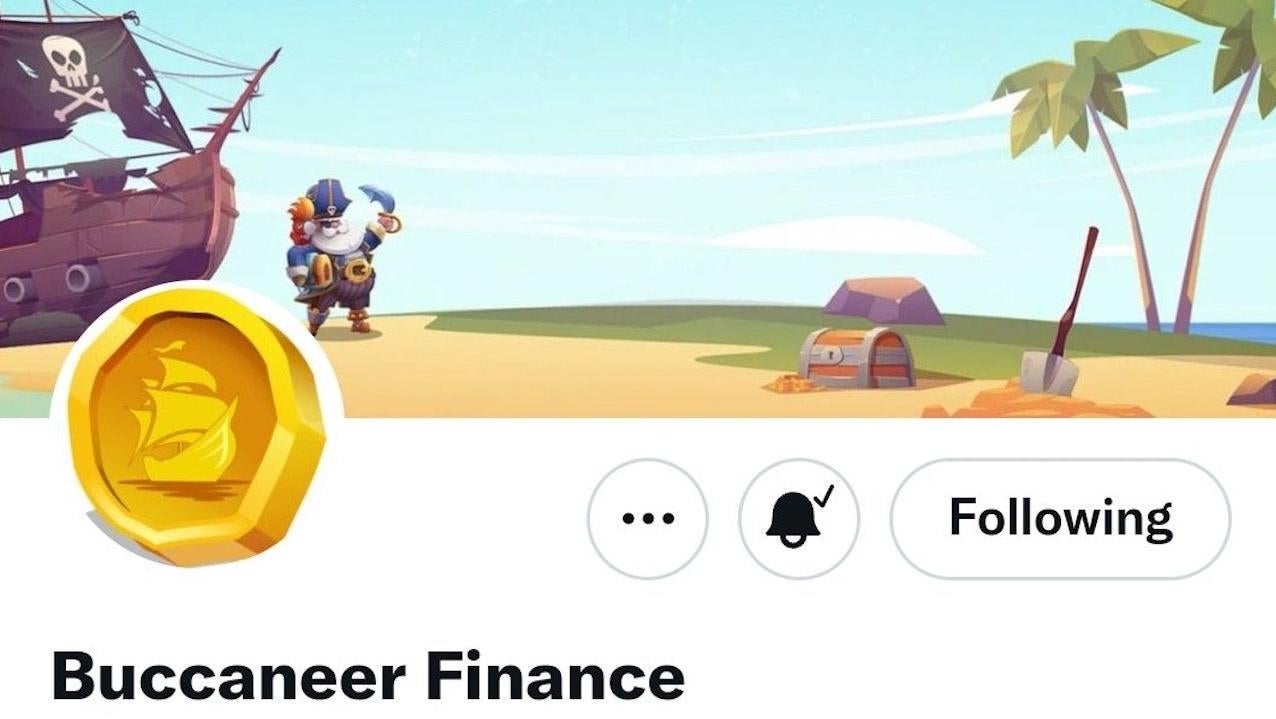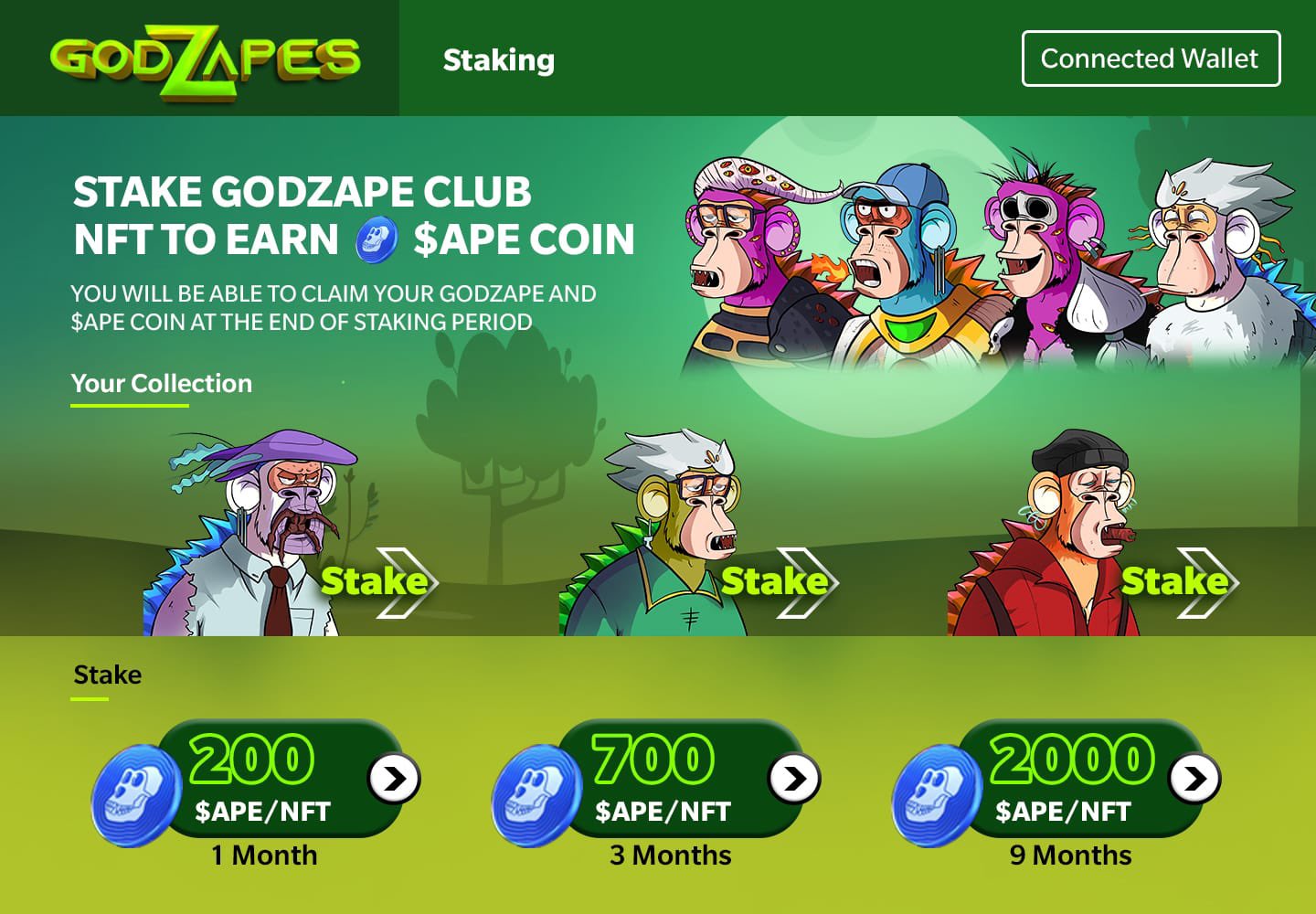The cryptocurrency and non-fungible token (NFT) marketplace is filled with scammers. Investors lost over $US1.7 ($2) million to grifters in March alone, with project founders draining all the liquidity in a given project.
To be clear, these aren’t crypto and NFT projects that got hacked. There were plenty of those in March, among them the largest in history — the Ronin Network was hacked for $US625 ($868) million. These are crypto and NFT projects that were outright scams from the start, where the founders of the projects made off with a lot of money from unsuspecting investors.
This month saw less stolen by scammers than January ($US4 ($6) million) and February ($US8.5 ($12) million) but $US1.7 ($2) million is still a sizable chunk of change to evaporate.
Real Swak ($805,156)

The grifters behind Real Swak made off with about 1,300 BNB coin, worth about $US580,000 ($805,156) in total, according to crypto monitoring firm Peck Shield.
Investors were left with no recourse to recover their funds. The website for Real Swak was pulled offline. Perhaps they should have been more sceptical with their cash. An archived version of the site from the Wayback Machine shows a litany of ridiculous claims, including that Marvel and Disney were involved with the project. Dear reader, Marvel and Disney were not involved with the project.
Serval Finance ($694,100)

Serval Finance, a project run by Mad Meerkat Finance on the Cronos blockchain, turned out to be a rugpull, with at least one developer making off with about $US500,000 ($694,100) in crypto.
In a post on Medium, MM Finance wrote that a “developer within the team went rogue, and stole funds.” And while the anonymous folks operating MM say that some of the funds have been returned to people who lost money, we here at Gizmodo can’t independently confirm that’s actually happened.
We’re just going to have to take their word for it.
BuccaneerFi ($489,341)

The scam artists behind Buccaneer Finance, also known as BuccaneerFi, made off with about 841 BNB coin, based on wallet monitoring conducted by Peck Shield, worth about $US352,500 ($489,341).
And while the project’s Twitter, Telegram, and website have all been deleted, you can still see an archived version of its website at the Internet Archive.
“Buccaneer Finance is based on a [sic] open sourced and well audited contract,” the website read. So much for that, right?
But the best quote from the website might be the ludicrous claim that Buccaneer’s coin was completely tax free, something that can only be decided by a government.
“The team decided to develop Buccanner Finance into a tax-free product. The best product is a zero-tax product, we don’t want high taxes to be a burden for investors,” the website said.
The scammers sent their ill-gotten gains to TornadoCash, one of the services used to launder cryptocurrencies so that it’s harder to track where the stolen money goes. And while $US300,000 ($416,460) isn’t much compared with many of the other hacks that have happened this month, it might easier for a lower-profile theft to get lost in the noise of terrible crypto headlines.
Dollar Doge ($265,840)

Dollar Doge used all the right buzzwords to lure people into investing in this colourful project. Doge, the joke cryptocurrency that rocketed to a respectable coin in recent years, was a no brainer. But adding the word “dollar” when a one-dollar price point is the dream of people who hold doge crypto? That part was genius.
Of course, it was all a scam though. Even with the play-to-earn promise that you could make money through an online game. Despite the website claiming you could even download the game on Google Play and Apple’s App Store, it’s not available on those platforms. It’s not available anywhere, in fact.
The scam artists who developed Dollar Doge were able to make off with 513 BNB, according to Peck Shield, worth about $US191,500 ($265,840) converting to U.S. currency. The Twitter account is still up but nobody has tweeted from the account since March 1. Probably because it was a scam.
God Z Ape ($94,398)

When God Z Ape launched, it promised to offer NFT “collectibles” that would go up in value. But that was a lie.
God Z Ape was a rip-off collection piggybacking off the most popular NFT project of all time, the Bored Ape Yacht Club. Plenty of people recognised it was a scam early on, called it out, and were banned from the project’s Discord, according to multiple Twitter users.
The scammers behind God Z Ape were able to extract about 20 ether, worth about $US68,000 ($94,398) in real money. The account was tied to another rugpull called WWW Apes, according to Peck Shield, though it’s not clear how much the scammers cleared on that project. The Twitter accounts for both scams are gone for good, of course.
Battle Cats Arena ($76,351)

Battle Cats Arena was an NFT project that promised to one day launch a game that would allow you to play as your expensive, ferocious feline avatar. The project was catnip to kitten lovers. It was also, unfortunately, a rugpull.
The Twitter account of Battle Cats Arena has been wiped, and, as the blog Web3 Is Going Just Great explains, the scammers behind this project got away with about $US55,000 ($76,351).
